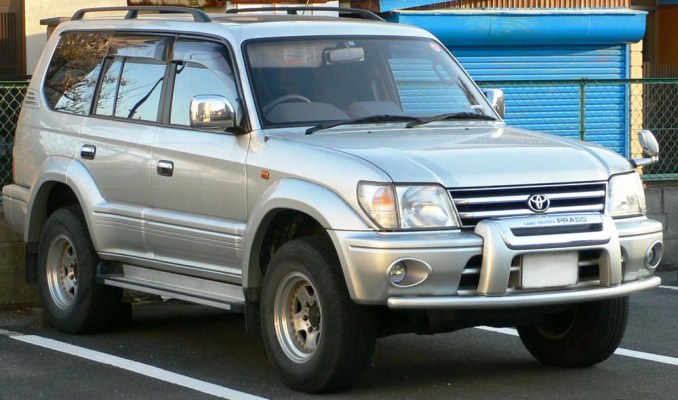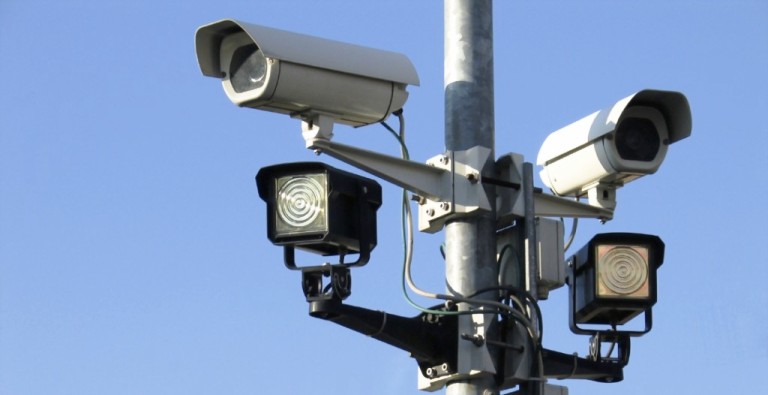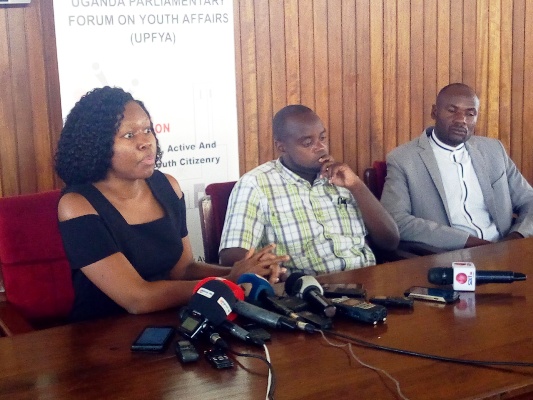Government proposal to make amendments to the Traffic and Road Safety Act to impose a Shs200,000 in annual license fee for car owners has attracted fierce criticism.
Civil Society Activists under their body, Tax Justice Alliance Uganda have described as irrational the proposal by Government to impose Shs6m monthly fine on motorists who refuse to pay the annual license fee.
Government has proposed a daily fine of 10 currency points (each currency point is worth Shs20,000). This makes it Shs200,000 daily for those who refuse to pay get the license.
Regina Navuga, Program Coordinator, Financing for Development at Southern and Eastern Africa Trade Information and Negotiations Institute (SEATINI) Uganda while appearing before Parliament’s Finance Committee asked MPs to reject the proposed amendment because the cost of buying cars is already high due to the numerous associated taxes.
“Introducing an additional tax makes possession, ownership and maintenance of motor vehicles extremely difficult. This in effect will reduce importation of vehicles and the resultant tax revenue,” Navuga said, adding: “The provisions are irrational in a way that ten currency points chargeable per day is extremely too high. For instance a period of 30 days, the penalty would amount to Shs6m.”
The Tax Justice Alliance Uganda that brought together SEATINI, Oxfam Uganda, Action Aid International Uganda, Civil Society Advocacy Group among others also raised concern on the annual increase in the list of sectors that can benefit from tax exemptions.
Since 2018 when the provision was first introduced, the list of benefitting sectors has expanded and this year, Government is proposing to exempt manufacturers of chemicals for agricultural and industrial use, textiles, glassware, leather products and industrial machinery for 10years.
However, Navuga argued that if these are really strategic investment sectors, Ministry of Finance would furnish the public with a list.
“Government should adopt a price capping mechanism to ensure that exemptions translate into the intended benefit of ensuring increased access to basic items for which exemption have been provided,” she said.
Tax Justice Alliance also asked Parliament to reject the proposal in Value Added Tax Clause 9 to provide that an international agreement between the government and foreign country granting tax relief shall take effect.
Activists argued that this kind of proposal would give the Ministry of Finance powers to enter into international agreements with other nations and gift them with tax waivers without Parliament oversight yet they are a form of expenditure that require parliament oversight.
While the proposal to scrap OTT was welcomed, activists warned against the 12% hike on internet saying it would hinder rather than promote E-Commerce.
They proposed the excise duty on internet be reduced to 5% and cautioned Government to consider taxing digital companies to contribute to the tax base.
Henry Musasizi, Chairperson Finance Committee asked the Activists how Government would fill the gap created by Shs60bn of projected revenue from new internet tax.
“Have you thought about what the Shs60bn can do for the economy? We are forfeiting budget for Kabale, Rubanda and Rukiga districts. When we don’t achieve the intention, 12 months aren’t many we shall come back and rethink what we did. When certain levels of growth are achieved, you tax, that is how our tax has evolved,” Musasizi said.
Government is also seeking to bar local authority, government or regulatory body from issuing a license or any form of authorization necessary for purposes of conducting any business in Uganda to any person who does not have a taxpayer identification number.
While the activists welcomed the provision, saying it will go a long way towards expanding the tax base, they had reservations on how this provision would be implemented in its current state.
Government has projected to raise revenue to a tune of Shs22.408Trn.






Flash back!! Why was annual road license scrapped off? What happened to the alternative mode of payment levied on motorist by increasing the fuel pump price to Carter for the annual road license? Does it mean that URA NO LONGER collects that money from fuel dealers? Are we not going to pay double tax on the same item?